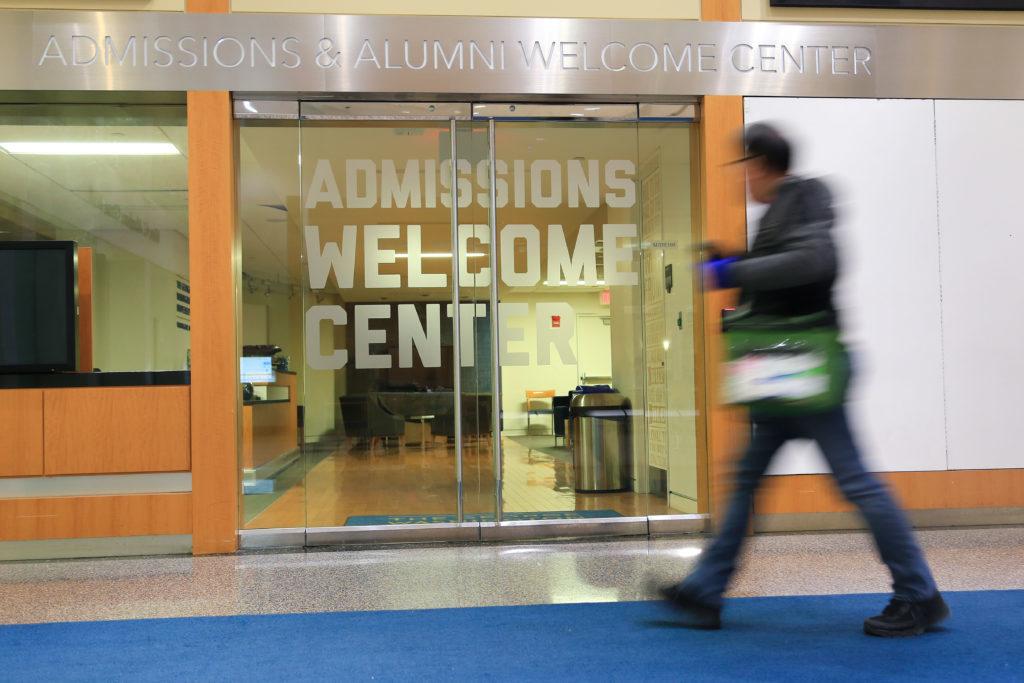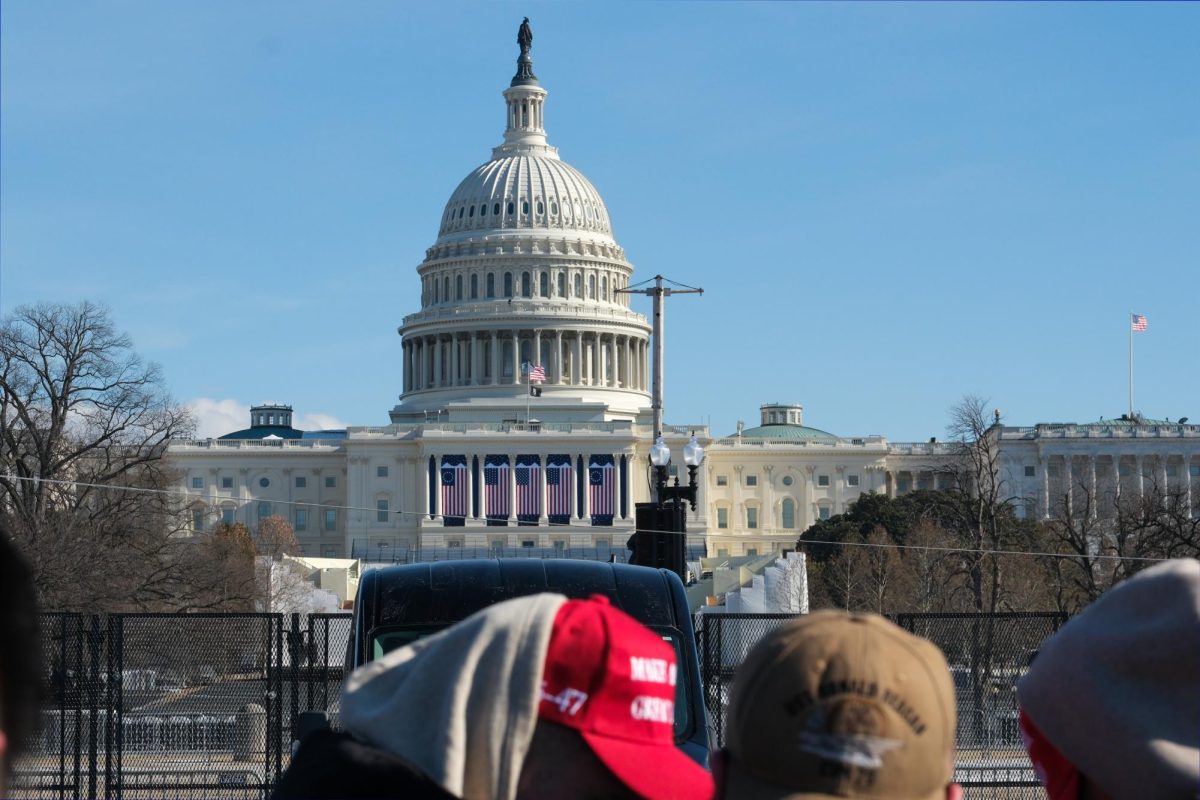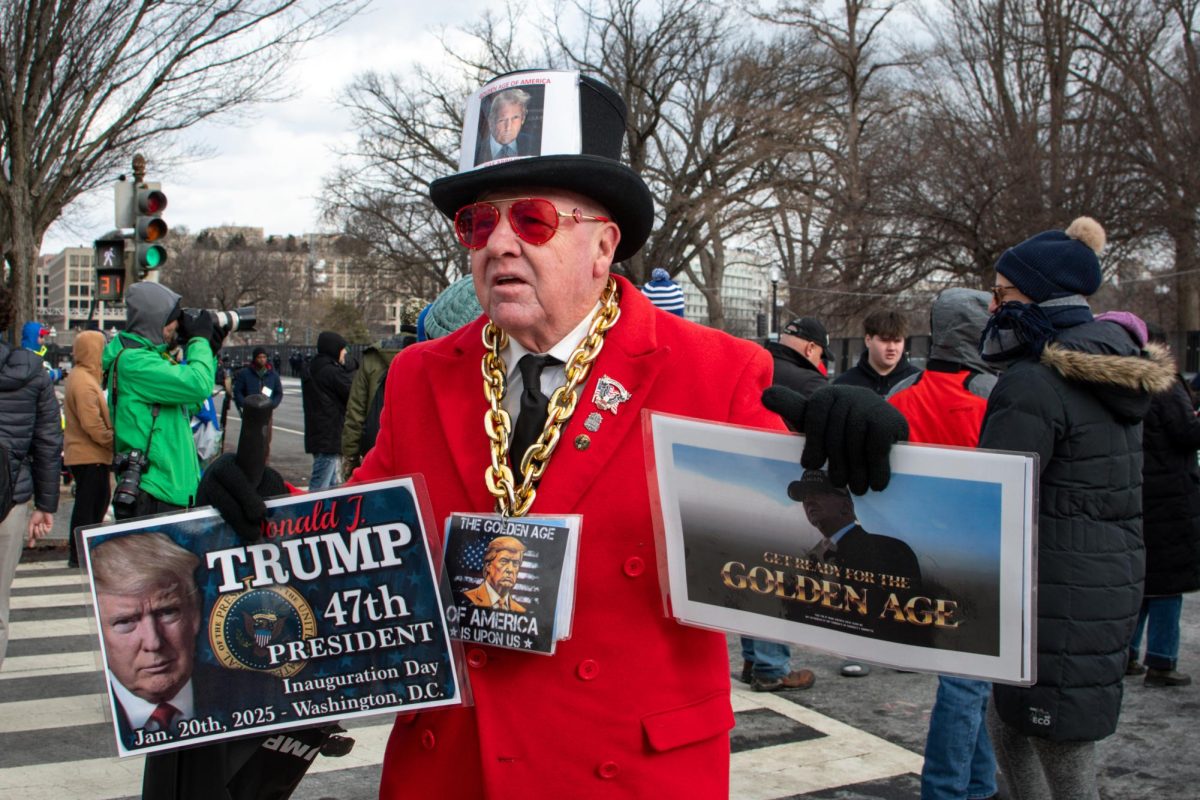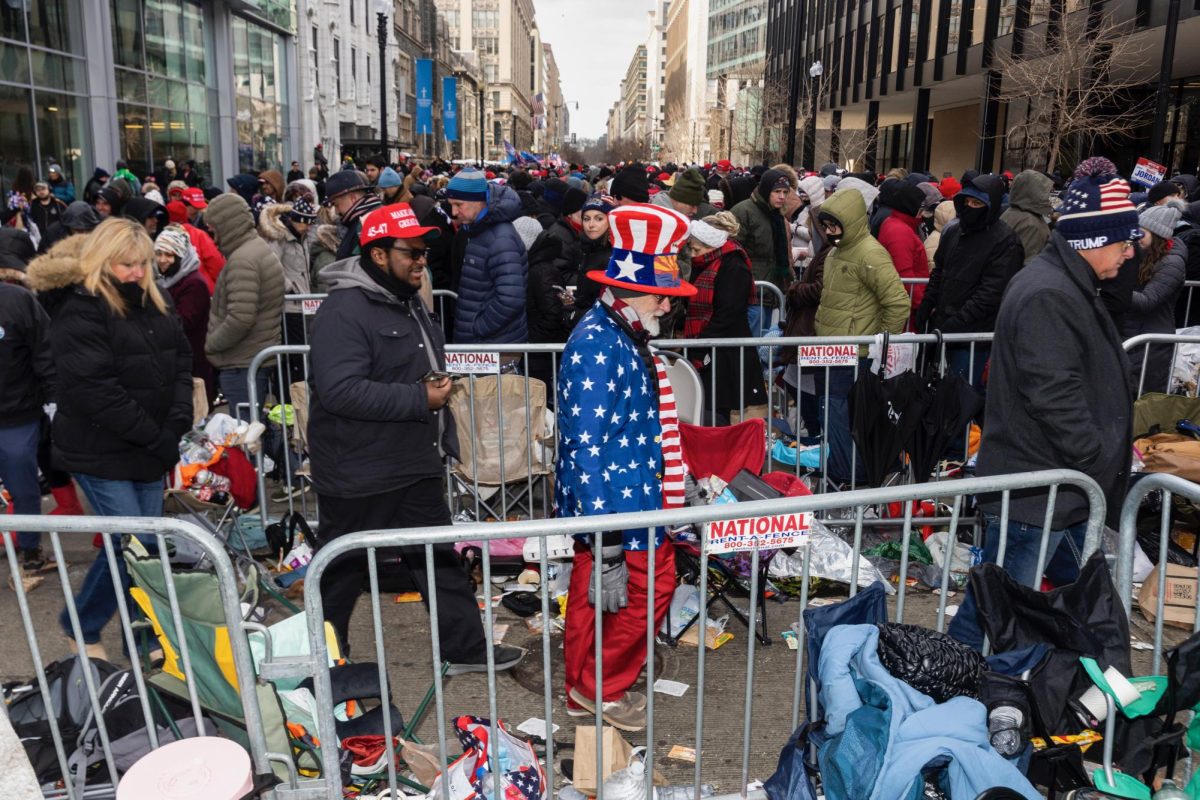At least two current GW students graduated from a small Louisiana school that came under fire last week for allegedly doctoring and falsifying students’ transcripts and college applications.
T.M. Landry College Preparatory School in Breaux Bridge, La. is a predominantly black school that gained national attention for sending students to elite colleges, like Harvard and Yale universities, and sharing videos of students’ acceptances on social media. But The New York Times reported late last month that the school falsified transcripts, fostered a culture of physical and emotional abuse and “mined the worst stereotypes of black America” to pitch students to Ivy League institutions.
At least two current students graduated from T.M. Landry in 2017 and 2018, respectively, according to public school records. The students also posted videos of their acceptances on their social media pages.
Both of the students, who The Hatchet is not naming because it is unknown whether they were involved in falsifying application material, declined to comment. Representatives from T.M. Landry also did not return multiple requests for comment.
Dean of Undergraduate Admissions Costas Solomou said he was “disturbed” to read about the allegations of “some students and families” who attended or had close ties to T.M. Landry. He declined to comment on the academic records of students enrolled at GW from the school “out of respect for student confidentiality.”
“We fully support our students and have confidence that the students we admit have the capability to succeed and graduate,” he said in an email.
Solomou declined to say if he will review the applications of students who were admitted from the school. He also declined to say if he has interacted with the students affected by the issue or if he heard concerns from students who went to the school and are currently enrolled at GW.
T.M. Landry is a K-12 unaccredited private school that enrolls about 100 students. Michael Landry, a teacher and former salesman, and his wife Tracey Landry, a nurse, run the school, according to The Times.
Students alleged that Michael Landry doctored student transcripts – adding false achievements, extracurriculars and classes that students never took – to submit to prestigious institutions. Michael Landry also allegedly abused some students and forced them to kneel on the ground for hours in front of him to “learn humility,” according to The Times.
The Landrys denied the allegations of falsifying college applications in an interview with The Times, but Michael Landry admitted to hitting and being “rough” with students.
The Times investigated the allegations against the school using student records, court documents and interviews with 46 parents, current and former students, former teachers and law enforcement agents.
The 50 students who have graduated from T.M. Landry since 2013 have found mixed success at their respective colleges, some dropping out because of financial hardships or after struggling with rigorous workloads at top-tier universities, The Times reported.
College admissions experts said universities that accepted students from T.M. Landry should not penalize the students without looking into their applications because it is possible that not all applications were falsified.
Steven Goodman, an educational consultant and admissions strategist at Top Colleges, said the University has a responsibility to look into the applications of the two current students who graduated from T.M. Landry for falsified documents and information because “the University owes it to the students and other students in the class” to verify that the application was valid.
He said the University must determine whether it was the student or the school that submitted doctored applications before penalizing students because the individuals may not be responsible.
“If the student intentionally did something that misrepresented what the student said on the application, that’s one thing,” Goodman said. “If a student did something on a school profile or something else with a recommendation that the student didn’t touch, I think that’s a different story.”
William Stancil, a research fellow at the Institute on Metropolitan Opportunity at the University of Minnesota, said T.M. Landry found success because it created applications that included both high academic performance and stories of disadvantaged students. The students’ applications would spark the interest of admissions officers pining for success stories about students from underprivileged communities, he said.
“I think that, in some ways, the appeal of it was so great – this happens a lot of times with fraud – it’s not because the fraud is air-tight, but people want to see truth so badly that they don’t look any further,” he said.
Stancil added that it is possible that not all T.M. Landry graduates’ applications were falsified. Students who attended the school should not be penalized by their universities because they may not have known how the school was processing their documents, he said.
He added that many prestigious universities were duped by the false transcripts, meaning admissions officers also let the errors slip through the cracks.
“Clearly, something went wrong in the admissions office for this to happen so successfully across so many schools, and making the students pay the penalty for that just isn’t fair,” he said.
Sarah Roach contributed reporting.





